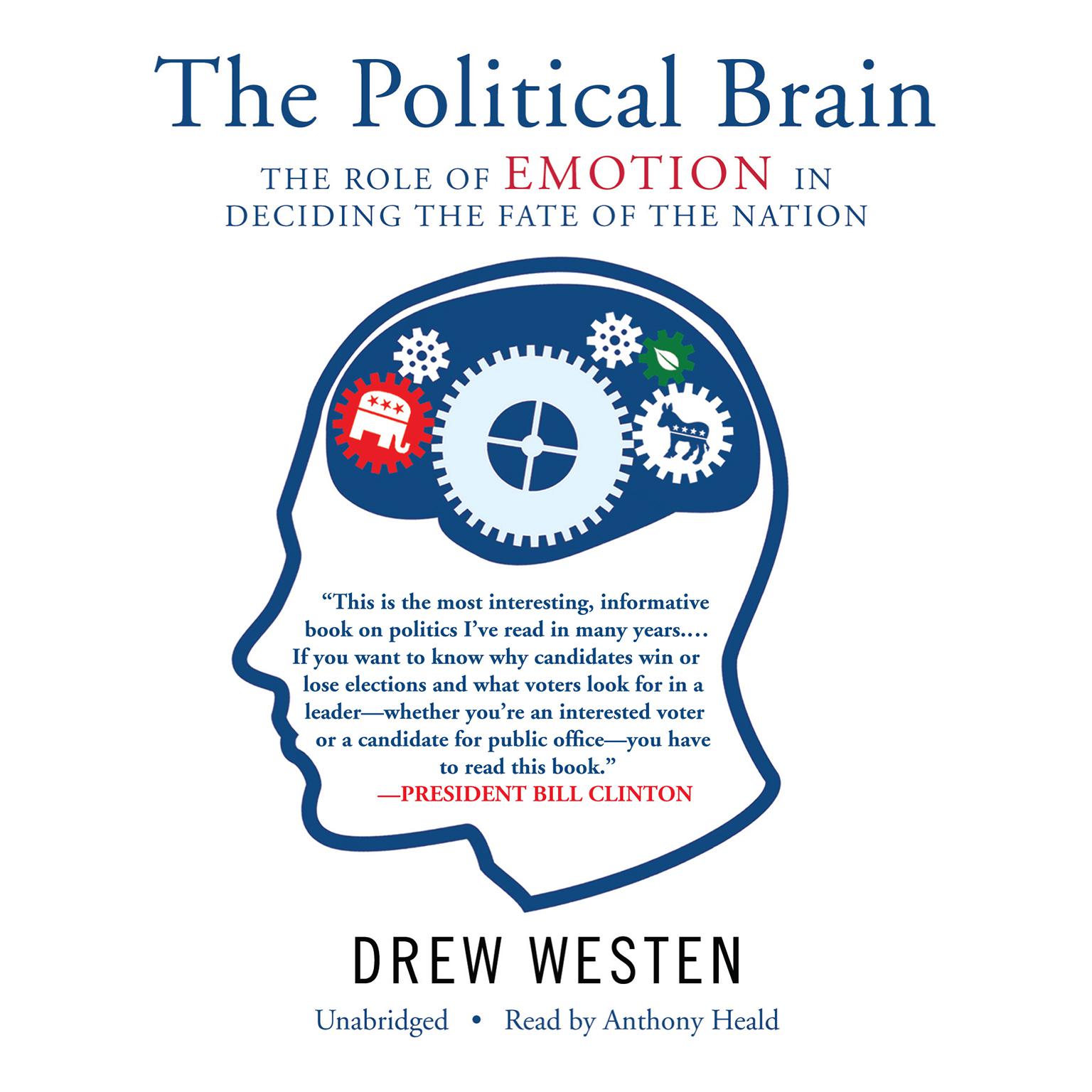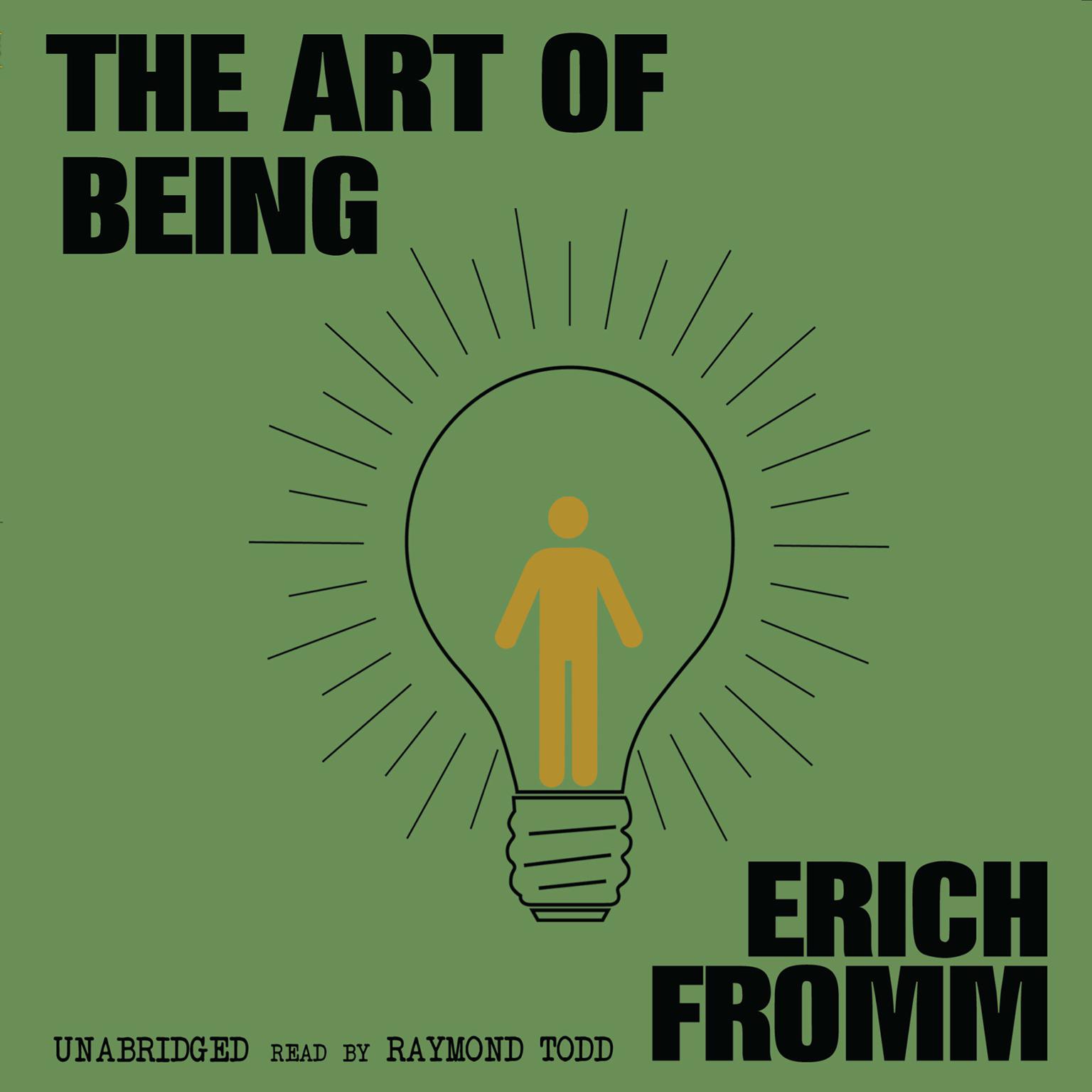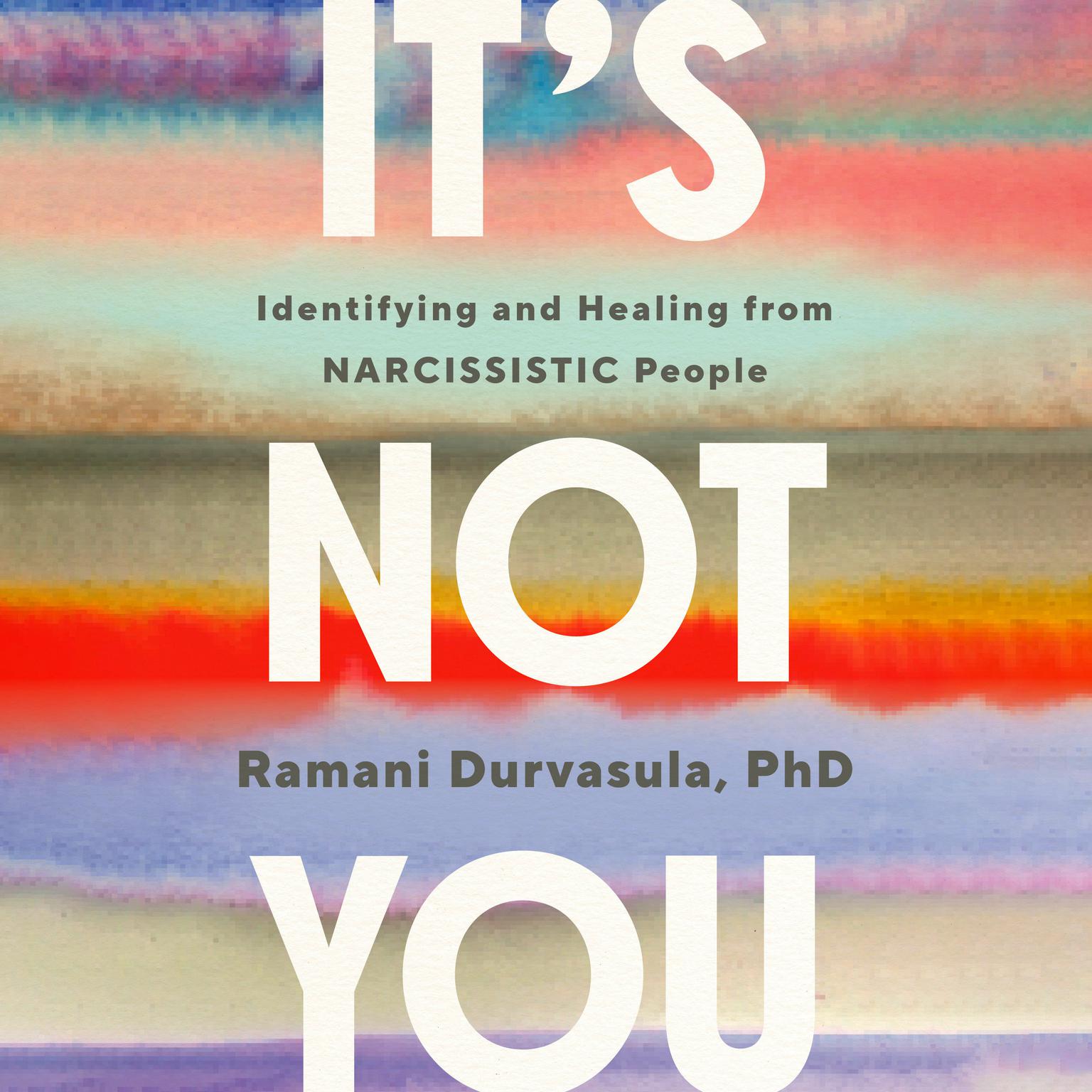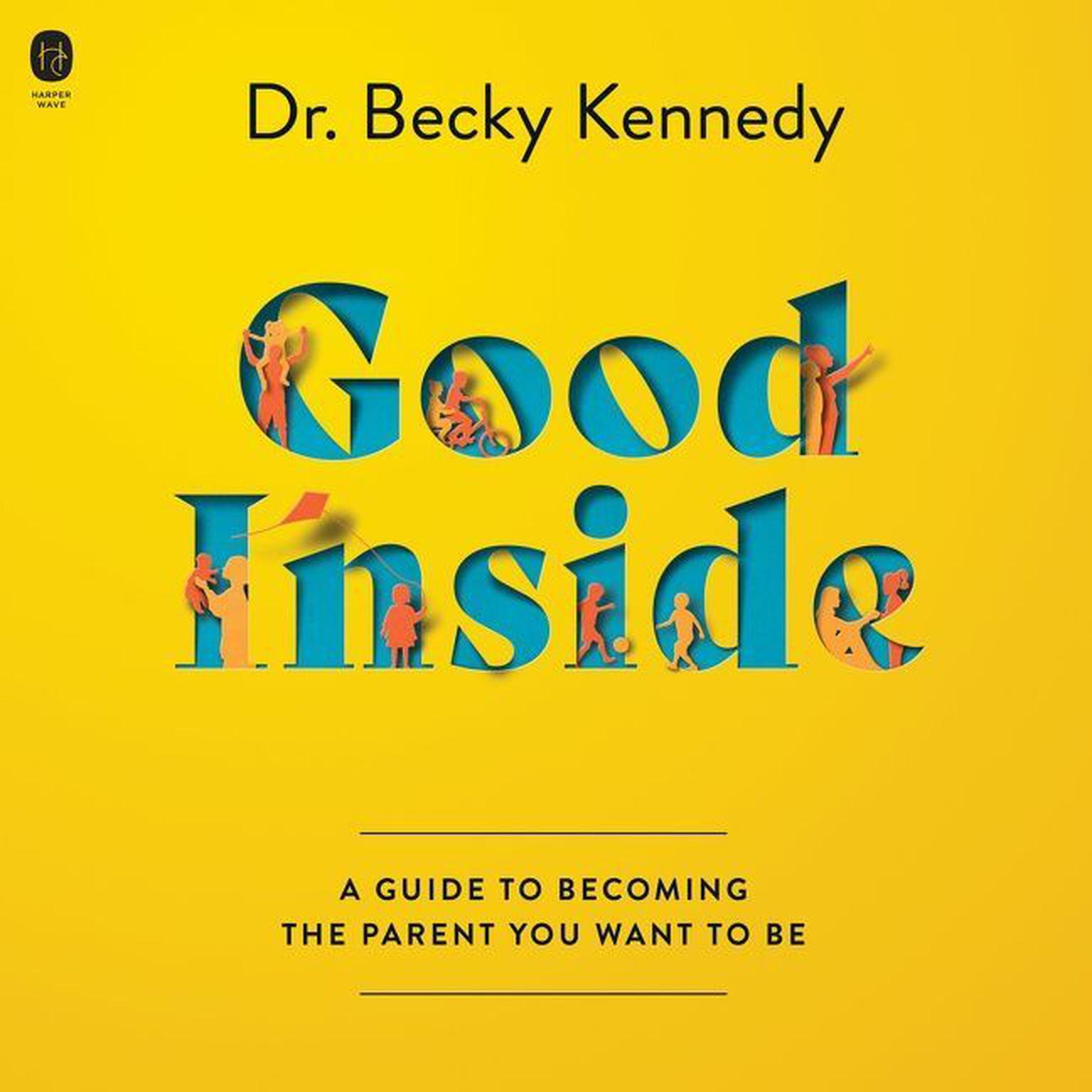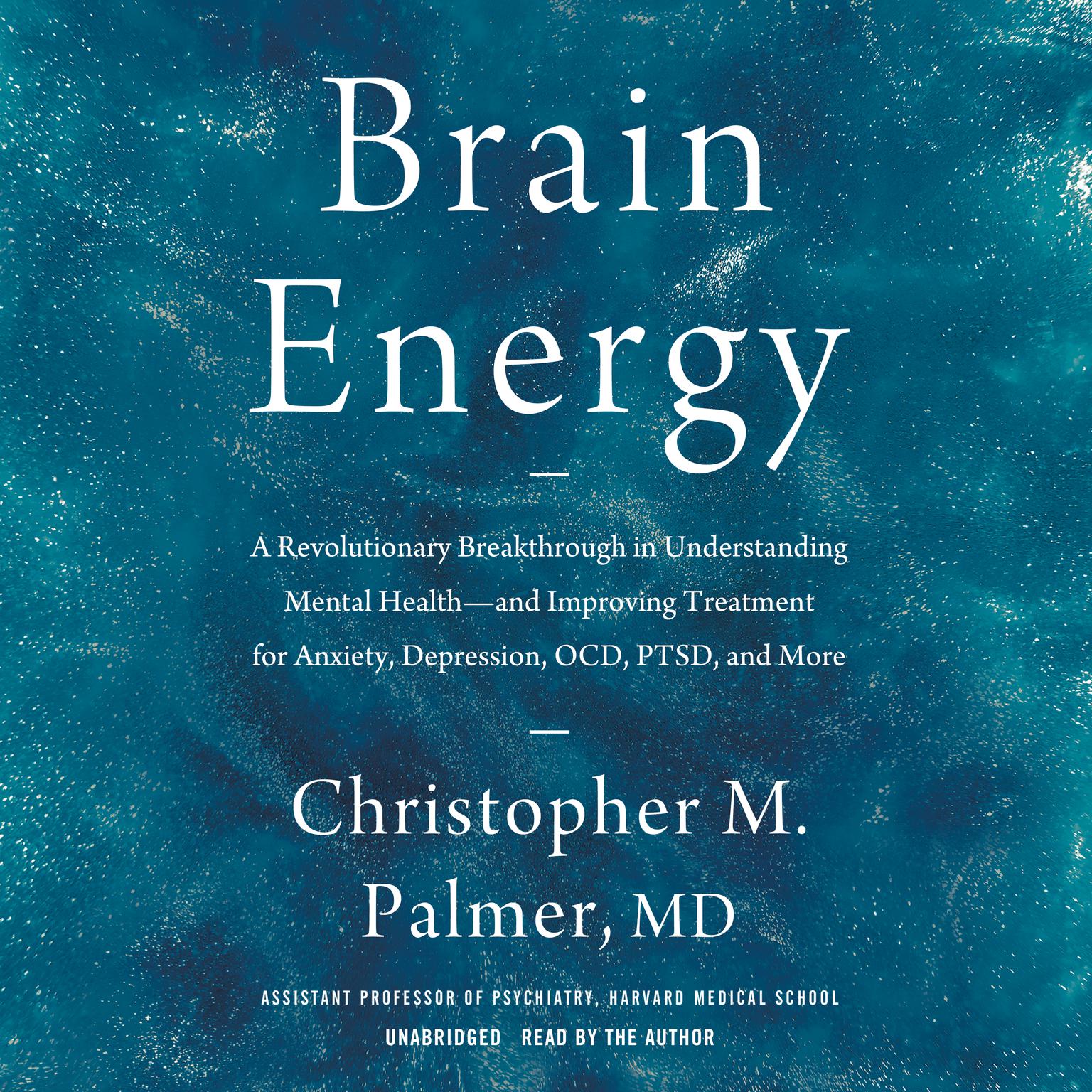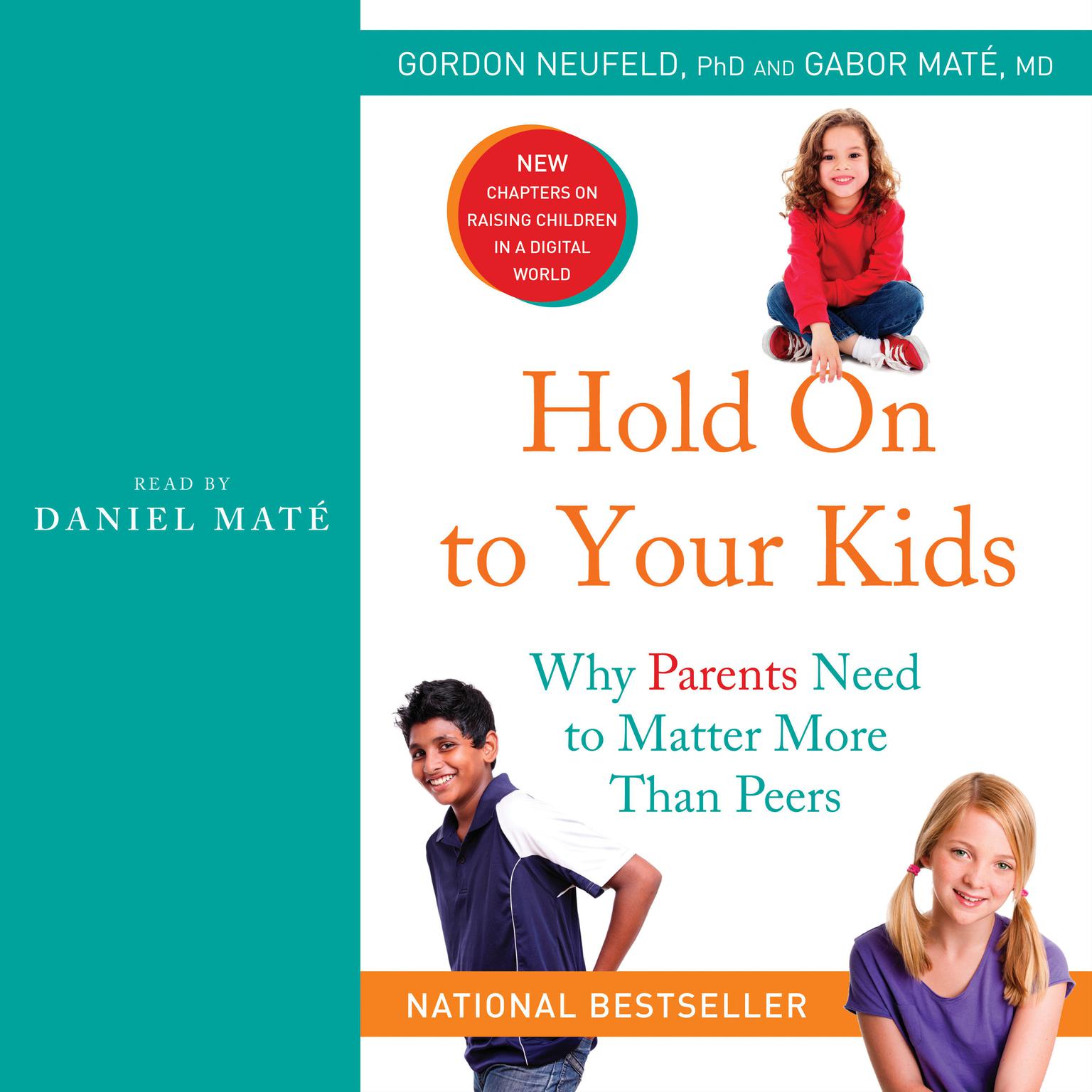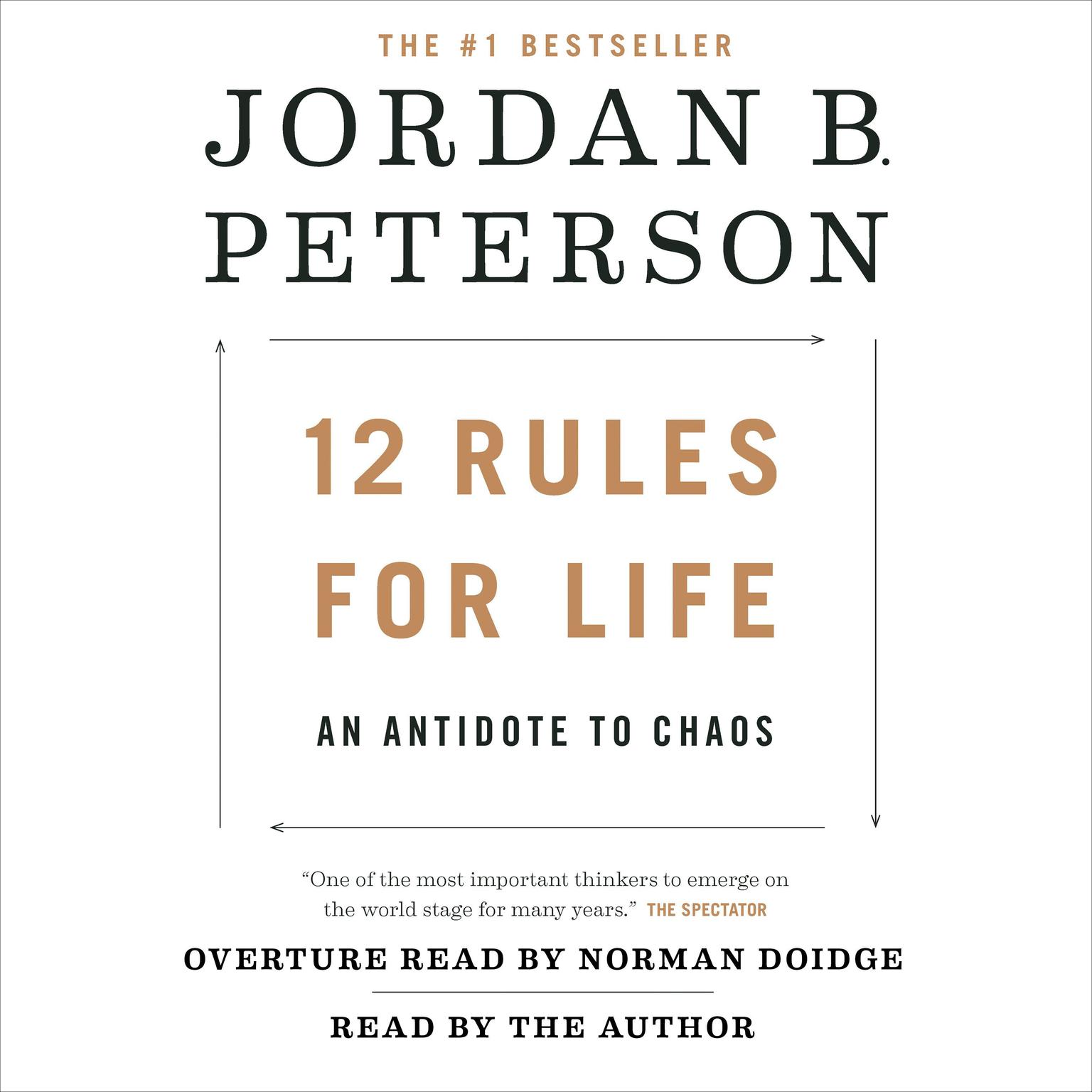Publisher Description
The Political Brain is a groundbreaking investigation into how the mind works, how the brain works, and what this means for why candidates win and lose elections. Scientist and psychologist Drew Westen has explored a theory of the mind that differs substantially from the more dispassionate notions held by most cognitive psychologists, political scientists, and economists—and Democratic campaign strategists. The idea of the mind as a cool calculator that makes decisions by weighing the evidence bears no relation to how the brain actually works. When political candidates assume voters dispassionately make decisions based on the issues, they lose. That’s why only one Democrat has been reelected to the presidency since Franklin Roosevelt—and only one Republican has failed in that quest.
Elections are decided in the marketplace of emotions, a marketplace filled with values, images, analogies, moral sentiments, and moving oratory, in which logic plays only a supporting role. Through a whirlwind tour of fifty years of American presidential and national elections, Westen shows why campaigns succeed and fail. The evidence overwhelmingly shows that three things determine how people vote, in this order: their feelings toward the parties and their principles, their feelings toward the candidates, and, if they haven’t decided by then, their feelings toward the candidates’ policy positions.
Westen turns conventional political analyses on their head, and his discoveries could utterly transform electoral arithmetic. You can’t change the structure of the brain, but you can change the way you appeal to it. This book will show you how.
Download and start listening now!
“This book is absolutely fantastic. It combines the stuff that I work on in my research (how emotion affects decision making) with an analysis of failed Democratic political campaigns of the past. Aside from Clinton’s successful campaigns, this guy Drew Westen really seems to nail what went wrong with all the presidential campaigns against Republicans since LBJ. Namely, that Republican campaigners know what voters respond to, and Democratic strategists frequently don’t, and that is: how to mold people’s emotional responses. Hindsight’s 20:20, and this book can get a little repetitive at points, but it makes everything make sense to me. How else to explain how a guy like Bush could come off seeming to voters like the honest one (!) while Gore looked untrustworthy? I swear that Obama’s people have read this book, and they are using just about every suggestion that it makes. Bottom line: when people say Obama is great on giving an abstract feeling of optimism, but that he’s short on specifics . . . well, yes, exactly! That’s exactly what works! Read it.”
—
Pat (4 out of 5 stars)
